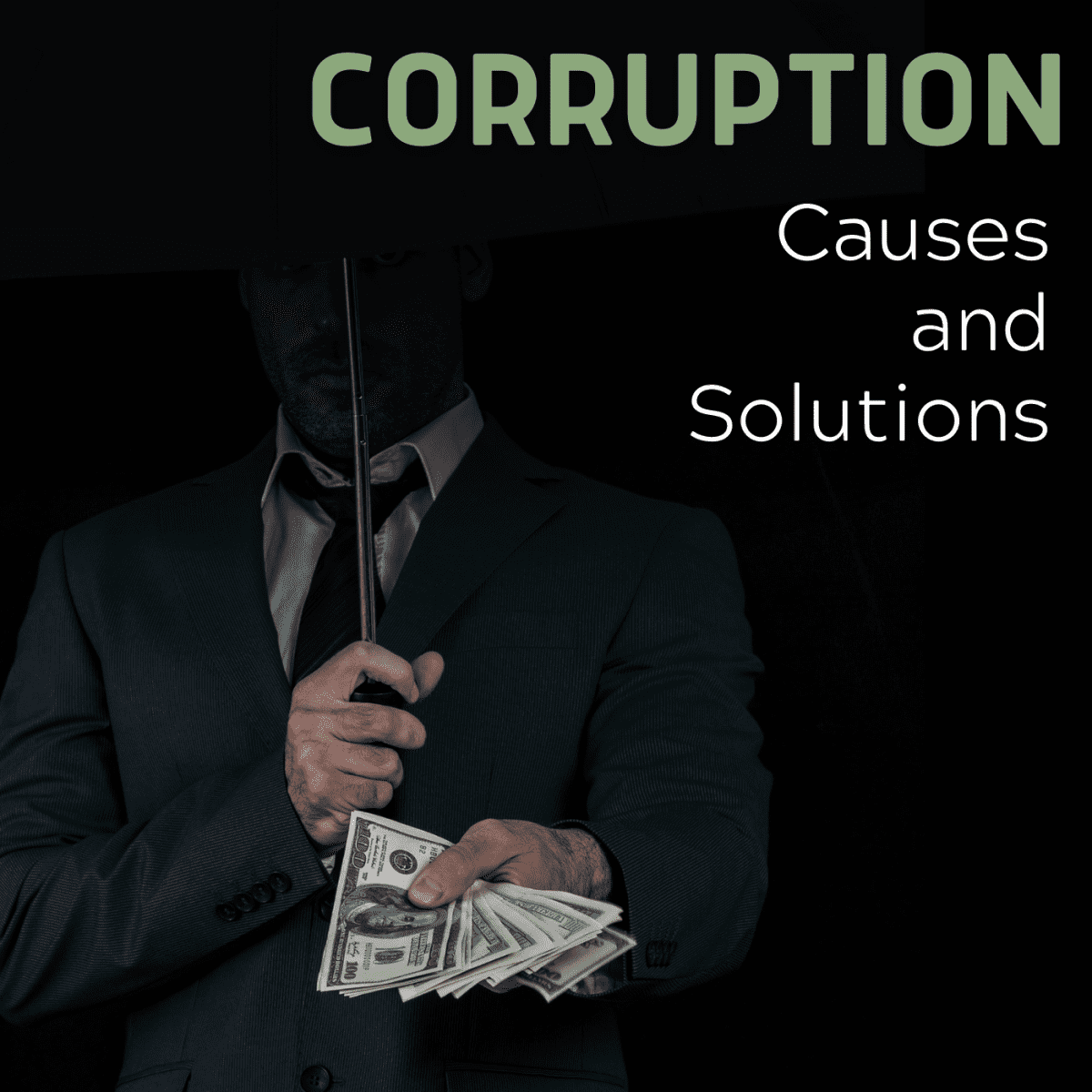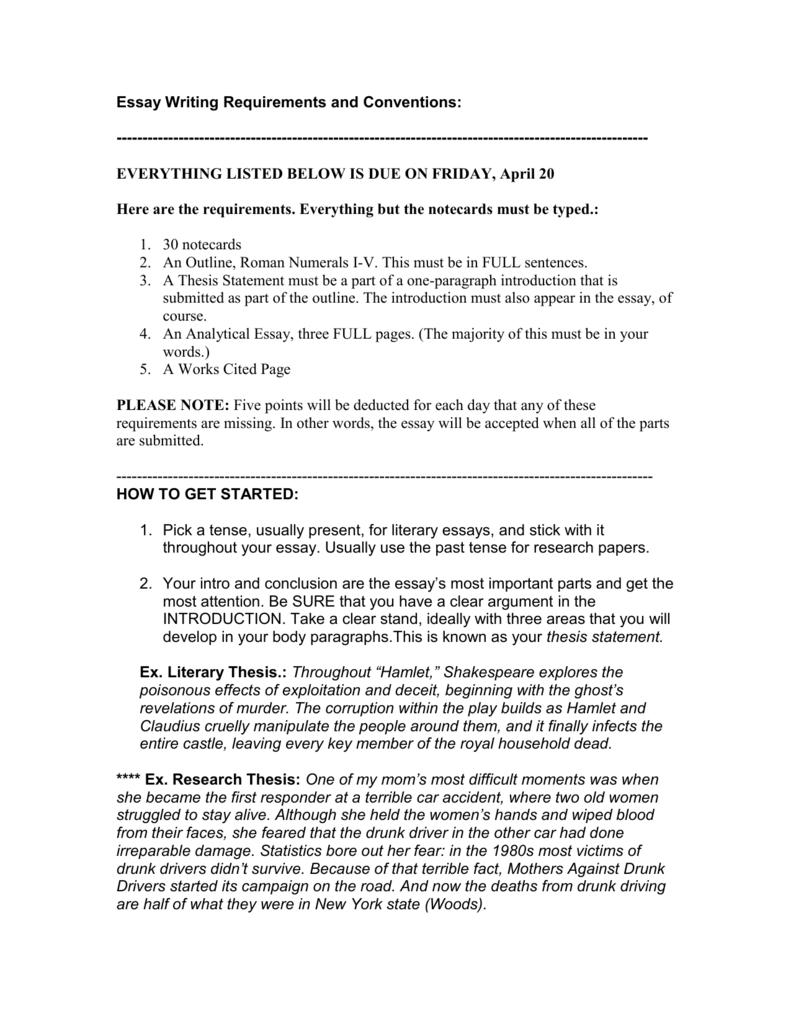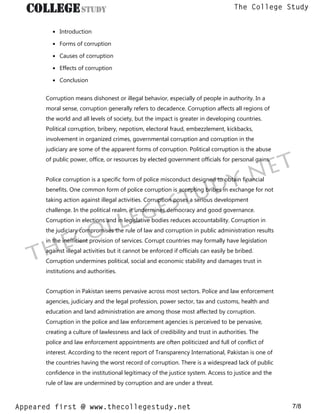Corruption is the use of power or position for personal gain, often at the expense of others. It takes many forms, such as bribery, embezzlement, nepotism, and favoritism, and it can occur at any level of society, from local government to international business. The effects of corruption are far-reaching and can be devastating, particularly in developing countries where it is often most prevalent.
One of the most harmful effects of corruption is its impact on economic development. When public officials or business leaders engage in corrupt practices, they divert resources away from where they are needed most and towards their own selfish interests. This can lead to an inefficient allocation of resources, which can hinder economic growth and development. In addition, corruption can create an uneven playing field for businesses, as those who are willing to pay bribes or engage in other corrupt practices may have an unfair advantage over those who are not. This can discourage investment and entrepreneurship, further hindering economic growth.
Another negative effect of corruption is its impact on the rule of law. When individuals or institutions engage in corrupt practices, they undermine the integrity of the legal system and create a culture of impunity. This can lead to a lack of trust in the justice system and a sense of hopelessness among citizens who may feel that the law is not being enforced equally. In addition, corruption can lead to a lack of accountability for wrongdoing, as those who engage in corrupt practices may be able to escape punishment due to their influence or connections.
Corruption can also have serious social and political consequences. In some cases, it can contribute to social unrest and political instability, as citizens may become disillusioned with their leaders and the political system. It can also lead to a loss of faith in democratic institutions and a rise in authoritarianism, as people may turn to more authoritarian leaders who promise to stamp out corruption. In extreme cases, corruption can even contribute to the collapse of entire governments or societies.
Finally, corruption can have a detrimental impact on the environment. When corrupt officials or businesses are able to bribe their way out of environmental regulations or oversight, it can lead to environmental degradation and harm to public health.
In conclusion, the effects of corruption are far-reaching and can be devastating. It hinders economic development, undermines the rule of law, has social and political consequences, and can harm the environment. It is essential that efforts are made to combat corruption at all levels of society in order to promote fairness, justice, and sustainable development.







